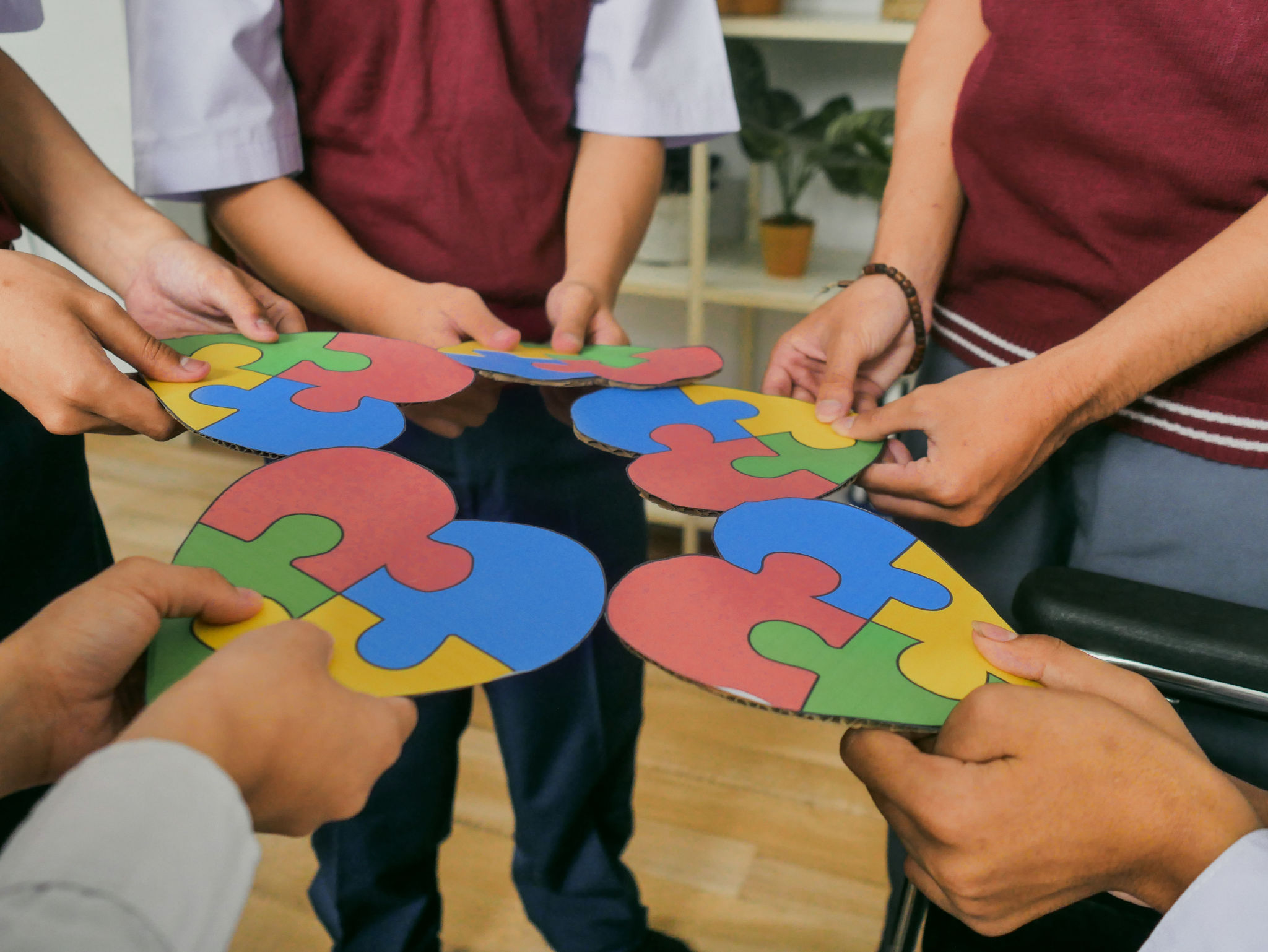How Educational Psychology Can Improve Classroom Learning
Understanding Educational Psychology
Educational psychology is a branch of psychology that focuses on understanding how people learn and retain knowledge. By applying principles from this field, educators can enhance classroom learning and improve student outcomes. It delves into the various psychological processes involved in learning, including motivation, cognition, and the application of effective teaching strategies.

Enhancing Motivation in Students
One of the fundamental aspects of educational psychology is understanding what motivates students to learn. Motivation can be intrinsic, driven by personal interest and enjoyment in the subject, or extrinsic, driven by external rewards or recognition. Educators can boost motivation by setting achievable goals, providing feedback, and creating a supportive learning environment.
Intrinsic vs. Extrinsic Motivation
Intrinsic motivation is often more sustainable and leads to deeper learning. Strategies to enhance intrinsic motivation include connecting the material to students' personal interests and encouraging autonomy in their learning processes. On the other hand, extrinsic motivation can be fostered through incentives such as grades or rewards for completing tasks.
Improving Cognitive Development
Cognitive development is crucial in understanding how students process information. Educational psychologists study the ways students perceive, remember, and solve problems. By applying this knowledge, teachers can design lessons that align with students' developmental stages and cognitive capabilities.

Adapting Teaching Strategies
Teachers can improve cognitive development by using a variety of teaching methods that cater to different learning styles. For instance:
- Visual aids: Diagrams and charts can help visual learners understand complex concepts.
- Hands-on activities: Experiments and practical exercises engage kinesthetic learners.
- Discussion-based learning: Encouraging debates and group discussions can aid auditory learners.
The Role of Classroom Environment
The classroom environment significantly impacts student learning. A positive atmosphere where students feel safe and supported can enhance their ability to focus and engage with the material. Educational psychology provides insights into creating environments conducive to learning by managing classroom dynamics and fostering positive relationships.
Creating an Inclusive Classroom
An inclusive classroom respects diversity and promotes equality among students. Teachers can create such an environment by:
- Implementing anti-bullying policies.
- Encouraging open communication.
- Providing equal opportunities for all students to participate.

Utilizing Assessment for Learning
Assessments are not just tools for grading but can significantly enhance learning when used effectively. Formative assessments, such as quizzes and feedback sessions, help in identifying students' strengths and weaknesses, allowing teachers to tailor their instruction accordingly.
Feedback as a Learning Tool
Constructive feedback is essential for student growth. Timely feedback helps students understand their progress and areas needing improvement. Educational psychology emphasizes the importance of feedback that is specific, constructive, and encourages a growth mindset in students.
Applying educational psychology principles in the classroom can lead to more effective teaching and improved student learning outcomes. By understanding the motivation, cognitive development, classroom environment, and assessment strategies, educators can create a more dynamic and responsive educational experience for all students.